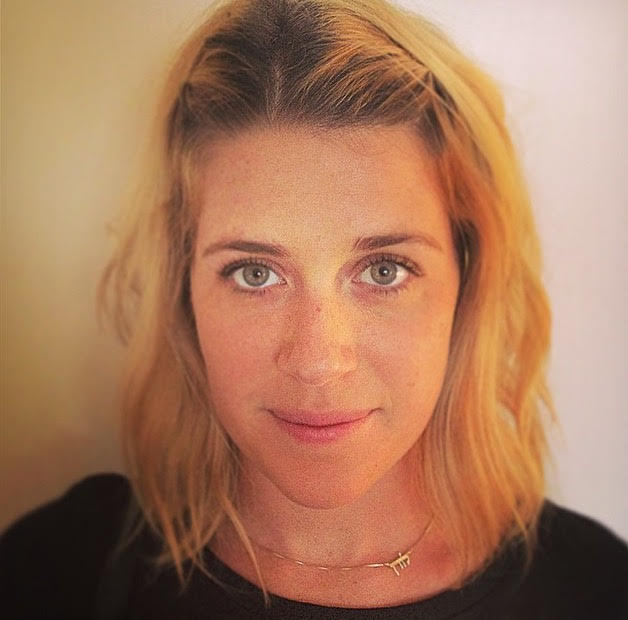Software developers are expected to see the highest IT job growth through 2020, and continue to enjoy some of the best perks available in an office environment. And if you already enjoy learning, like working with data, and have a little experience managing the code on your Tumblr or SquareSpace site, you’re well on your way to becoming a coder!
Start your transition to a career in software development with these resourceful steps:
1) Do your research
What jobs are available for people who are interested in building (or tearing apart) code? Learn the difference between working in web, mobile, or front-end development (hint: each specialty involves coding, but different language proficiencies and responsibilities are expected) and how much each position pays on average.
If you decide that a job heavy in writing coding isn’t for you but you still want to be a part of the exciting progress happening in the tech industry, consider these eight non-programming jobs that benefit big from a coding education.
2. Reach out to coders in your network
Ask the programmers in your network if they like their jobs. Read the forum posts and essays of experienced coders before you decide to make the switch. Then check out Q&As on our blog to learn about Code Fellows graduates and their experiences.
Ron Floyd a Navy veteran, pilot, and graduate of Code Fellows, shared why he decided his next career should involve coding.
Emily Aviva Kapor-Mater builds software professionally in Seattle after graduating from Code Fellows in 2015. She shared her thoughts on software that facilitates simple, practical, and socially-positive experiences for users.
Monica Davidson is a front-end developer and Code Fellows alumni who switched from a career in journalism and used her tech training to achieve a life-long dream.
3. Learn some code for yourself
HTML, CSS, and JavaScript are the three pillars of the web and a great place to start if you want to explore the world of web development.
Codecademy and Treehouse will get you started learning these three languages. Beginner-level courses require experience with modern computer interfaces, operating systems, and browsers to the extent that you can navigate your computer with ease. Get even more online help with these 14 resources for aspiring web developers.
4. Attend an intro class
Get into a classroom to find out if you like the process of brainstorming new projects and then making it happen. In our one-day workshop, you’ll get a feeling for a day in the life of a software developer, and find out if a coding education is right for you. After getting a taste of the immersive learning experience and hearing in-person testimonies from professional developers, you’ll have a much better idea of just what it will take to make the change to a career in tech.
5. Build Something
Start testing and expanding your skill set! Build something that requires you to learn and use the technology and tools of software development. Even if you’re assisting a team of experienced coders, throwing yourself into a project will quickly familiarize you with the vernacular, workflows, and personalities of the tech industry. If you want to build a website or app on your own, follow our step-by-step tutorial to get started.
Check out Part 2 for making the switch to a career in code!

